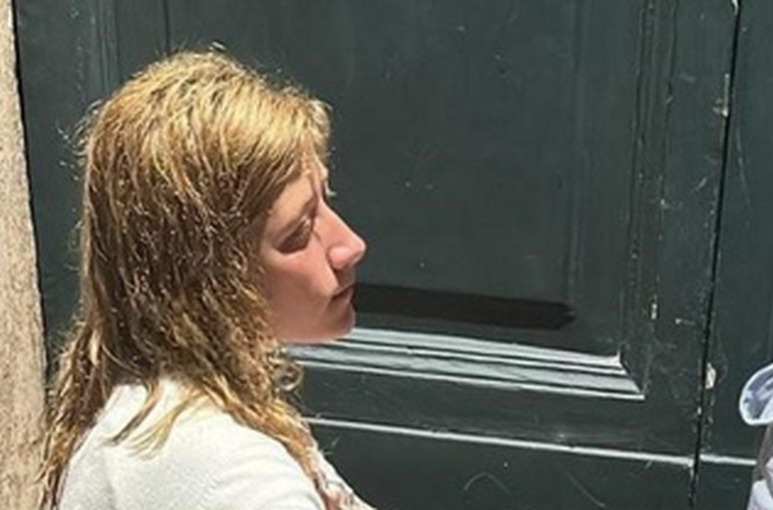For weeks, she was known only as a nameless victim—found dead among the bushes in Villa Pamphili, one of Rome’s largest public parks, alongside the lifeless body of an eight-month-old girl. She was believed to be between 30 and 40 years old, spoke Russian fluently, and was described by some as an IT specialist. DNA tests confirmed the two were mother and daughter, but their identities remained a mystery. Now, that may be changing.
On June 18, a woman in Russia came forward after seeing an episode of the Italian television program Chi l’ha visto?, claiming the deceased is her daughter, Anastasia. According to her account, Anastasia had traveled to Malta to study English, where she met Charles Francis Kaufmann—an American who introduced himself as Rexal Ford and posed as a film producer. The woman said she last saw her daughter during a video call on May 27, in which Kaufmann appeared and spoke of starting a family. On June 2, she received a final email from Anastasia, in which her daughter hinted at relationship problems but claimed they were trying to work things out. The baby’s name, she said, was Andromeda—later changed, possibly by the man, to Lucia.
International investigations have confirmed the victims’ identities: the woman is believed to be Anastasia Trofimova, born in Russia in 1996 and arrived in Malta in 2023; the child, Andromeda Ford, was registered with the U.S. embassy and killed just days before her first birthday. Final confirmation will come from fingerprint comparison.
Authorities had previously suspected the woman might be Ukrainian, perhaps displaced by the war, but lacked any documentation—no passport, no birth certificate, no official missing persons report. Now, with this potential identification, Italian investigators are reexamining the timeline and reopening cross-border channels.
Anastasia is believed to have lived in a small apartment in Marsascala, Malta, with Kaufmann and the baby. There are no hospital or pediatric records for the child, nor any marriage or civil registration linking the man and woman. Neighbors in Rome recall seeing them around Villa Pamphili, where they reportedly camped in a tent hidden among the trees. A market vendor remembers the woman using public restrooms to wash. On June 7, their bodies were found in the park—Anastasia’s among the bushes, the child’s 200 meters away. Investigators believe the baby was suffocated; the mother may have died as early as May 21.
The tent disappeared after the killings. Kaufmann, meanwhile, remained active online, sending emails pitching a new film three days after the discovery of the bodies.
He was arrested on June 13 in Skiathos, Greece, traveling under a false identity and using a social media account linked to an Italian alias. During his arraignment, he reportedly referred to Italians as “mafiosi” and rejected extradition. He is currently being held at Larissa prison while the Greek Court of Appeal reviews Italy’s extradition request.
Kaufmann’s criminal history in the U.S. includes at least five arrests for domestic violence and assault. In Rome, he had been stopped three times by police—always accompanied by Anastasia and the baby—but no red flags were raised, and no official protections were issued. Those systemic oversights are now under scrutiny.
With the mother and child potentially identified, the investigation enters a new phase. But until DNA confirmation and official verification from Russian authorities are completed, one question still haunts the case: Was she Anastasia—and who, truly, was Andromeda?












